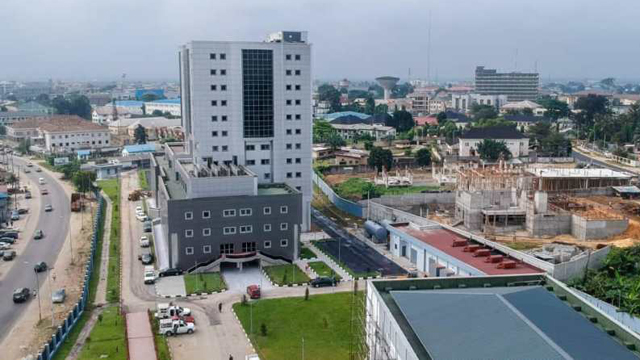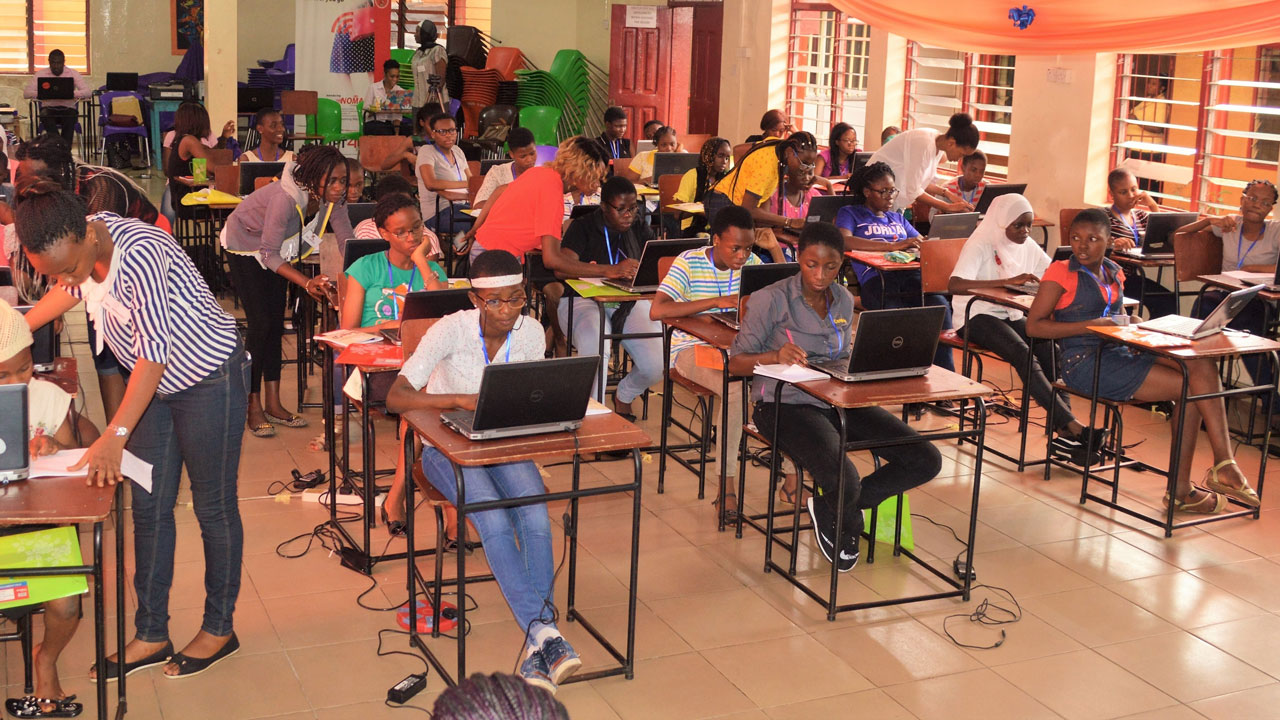The crisis engulfing the Peoples Democratic Party (PDP) reached a dramatic climax on Tuesday as the Nyesom Wike-backed National Executive Committee (NEC) ratified the expulsion of three sitting governors.
The governors are Seyi Makinde (Oyo), Bala Mohammed (Bauchi), and Dauda Lawal (Zamfara), alongside several prominent party leaders. Party insiders described it as the most far-reaching purge in the PDP’s 26-year history.
Also expelled were Board of Trustees (BoT) Chairman Senator Adolphus Wabara; former Deputy National Chairman (South), Taofeek Arapaja; former Deputy National Chairman candidate, Olabode George; former Minister of Special Duties, Kabiru Tanimu Turaki (SAN); and other influential chieftains accused of anti-party activities and disobedience of court orders.
The NEC, at its 103rd meeting held under heavy police presence at the PDP national secretariat, also ratified the dissolution of State Executive Committees in Oyo, Bauchi, Zamfara, Yobe, Lagos, and Ekiti, while affirming Edo State’s Exco led by Barr. Nosa Ogieva.
The communique, read by National Secretary Senator Samuel Anyanwu, anchored the expulsions on “deliberate violations” of Articles 58(1) and 59(1) of the PDP Constitution, including disobedience of court orders and conduct “bringing the Party into disrepute.”
“NEC expressed deep concern over the actions of some members who violated subsisting court orders by organising and attending a purported and unauthorized convention. This act triggered confusion, factionalisation, and the defection of governors and legislators nationwide,” the communique stated.
The NEC reaffirmed that the legitimacy of the PDP rests on strict adherence to the rule of law, not impunity or personal ambition.
It directed immediate constitutional action to recover the seats of all defected lawmakers, invoked Sections 68(1)(g) and 109(1)(g) of the 1999 Constitution, and affirmed Alhaji Mohammed Abdulrahman as Acting National Chairman.
Deputies in NWC positions vacated due to expulsions were instructed to assume acting leadership roles.
Chief Ali Odefa was ordered to refund all salaries and allowances earned since his earlier expulsion in December 2024.
A nationwide membership audit and revalidation will commence ahead of the 2027 elections, with a reconciliation programme announced that “will not compromise discipline.”
The NEC meeting capped a day of high drama, violence, and chaos at the Wadata Plaza headquarters. By 7:30 a.m., the Abdulrahman-led faction had taken control of the premises, locking out supporters of Governor Makinde and the faction that elected Turaki as National Chairman at the controversial Ibadan convention.
At 11:00 a.m., the Makinde–Bala Mohammed camp launched a “counter-offensive,” storming the secretariat with Turaki in a bid to force entry.
The attempt triggered violent confrontations between thugs escorting the governors and security personnel, prompting police to fire tear gas, sending journalists, staff, and party supporters fleeing.
Journalist Mohammed Baba sustained head injuries after being attacked, and his camera was destroyed. By midday, police described the secretariat as “a dangerous battlefield.”
Despite attempts by the FCT Commissioner of Police to restore order, Governor Makinde refused to leave the premises until FCT Minister Nyesom Wike departed.
Turaki later announced the postponement of his faction’s inaugural NWC meeting, blaming “enemies of progress and democracy” for the unrest.
The events underscored the depth of factionalism consuming the PDP, a party once Africa’s largest, now grappling with expulsions, dissolutions of state executives, rival chairmanship claims, and internal violence ahead of the 2027 elections.
Earlier, BoT Chairman Senator Mao Ohuabunwa and Acting National Chairman Abdulrahman urged members to remain steadfast, expressing confidence that the party would “surmount its challenges and emerge stronger.”






